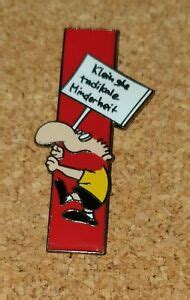A Quote by Friedrich Nietzsche
The vain.- We are like shop windows in which we are continually arranging, concealing or illuminating the supposed qualities other ascribe to us - in order to deceive ourselves.
Related Quotes
Commitment to the truth...means a relentless willingness to root out the ways we limit or deceive ourselves from seeing what is, and to continually challenge our theories of why things are the way they are. It means continually broadening our awareness. It also means continually deepening our understanding of the structures underlying current events.
Let us take a patriot, where we can meet him; and, that we may not flatter ourselves by false appearances, distinguish those marks which are certain, from those which may deceive; for a man may have the external appearance of a patriot, without the constituent qualities; as false coins have often lustre, though they want weight.
There is an universal tendency among mankind to conceive all beings like themselves, and to transfer to every object, those qualities, with which they are familiarly acquainted, and of which they are intimately conscious. We find human faces in the moon, armies in the clouds; and by a natural propensity, if not corrected by experience and reflection, ascribe malice or good-will to every thing, that hurts or pleases us.
As historians, we refuse to allow ourselves these vain speculations which turn on possibilities that, in order to be reduced to actuality, suppose an overturning of the Universe, in which our globe, like a speck of abandoned matter, escapes our vision and is no longer an object worthy of our regard. In order to fix our vision, it is necessary to take it such as it is, to observe well all parts of it, and by indications infer from the present to the past.
There is a shop close to where I live, outside which, on certain nights of the month - I've no idea if the transit of the moon determines precisely when - fans of designer skateboards queue from early evening in order - well in order, I presume - to be among the first to jump on a skateboard when the shop opens in the morning.
All the wants which disturb human life, which make us uneasy to ourselves, quarrelsome with others, and unthankful to God, which weary us in vain labors and foolish anxieties, which carry us from project to project, from place to place in a poor pursuit of we don't know what, are the wants which neither God, nor nature, nor reason hath subjected us to, but are solely infused into us by pride, envy, ambition, and covetousness.
If cynicism and love lie at opposite ends of a spectrum, do we not sometimes fall in love in order to escape the debilitating cynicism to which we are prone? Is there not in every coup de foudre a certain willful exaggeration of the qualities of the beloved, an exaggeration which distracts us from our habitual pessimism and focuses our energies on someone in whom we can believe in a way we have never believed in ourselves?










































